Engineering
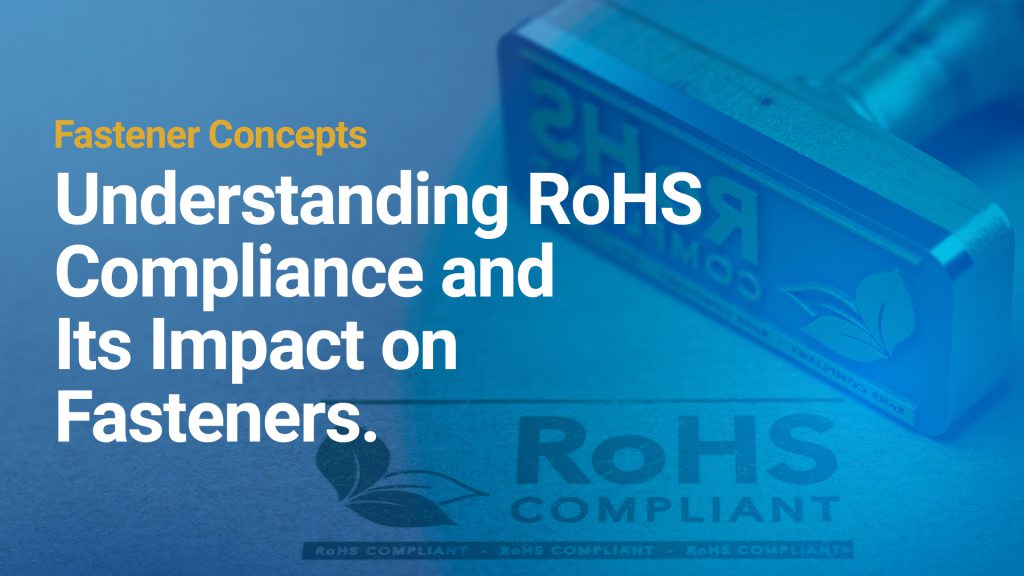
Understanding RoHS Compliance and Its Impact on Fasteners
In today’s manufacturing and distribution landscape, environmental compliance plays a major role in how products are sourced, sold, used, and disposed of…
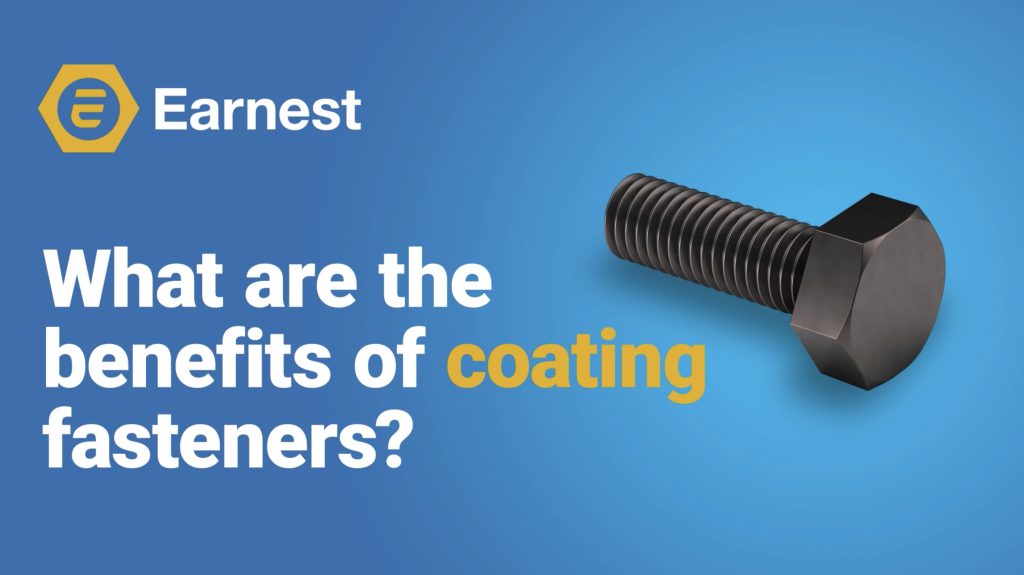
What are the Benefits of Coating Fasteners?
What exactly is a coating, and why are coatings important for industrial fasteners? Coating refers to the use of powder or chemical additions to the surface of…
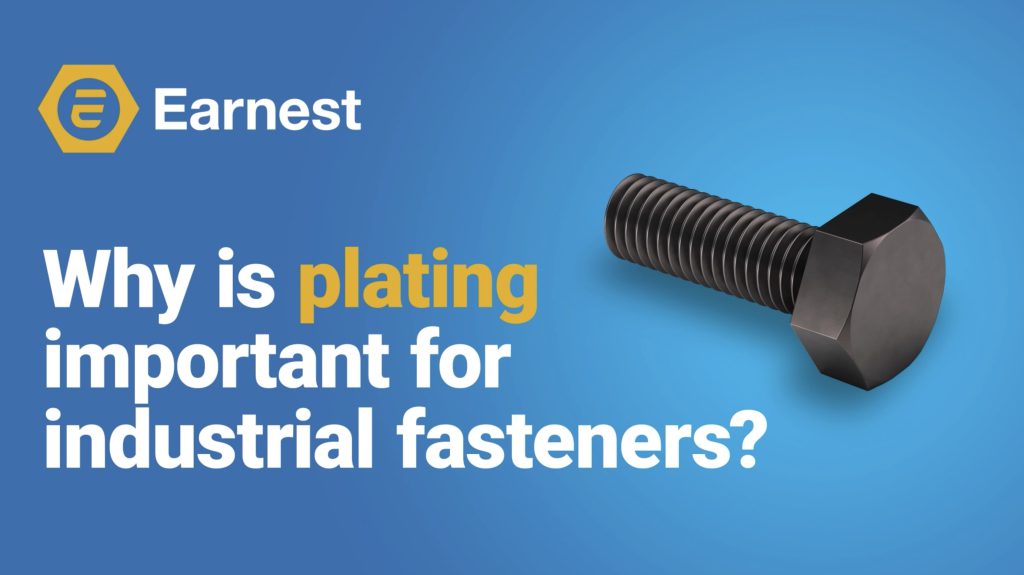
Why is Plating Important for Industrial Fasteners?
What exactly is a plating, and why are platings important for industrial fasteners? Plating refers to the process of “electroplating,” where a metallic finish…
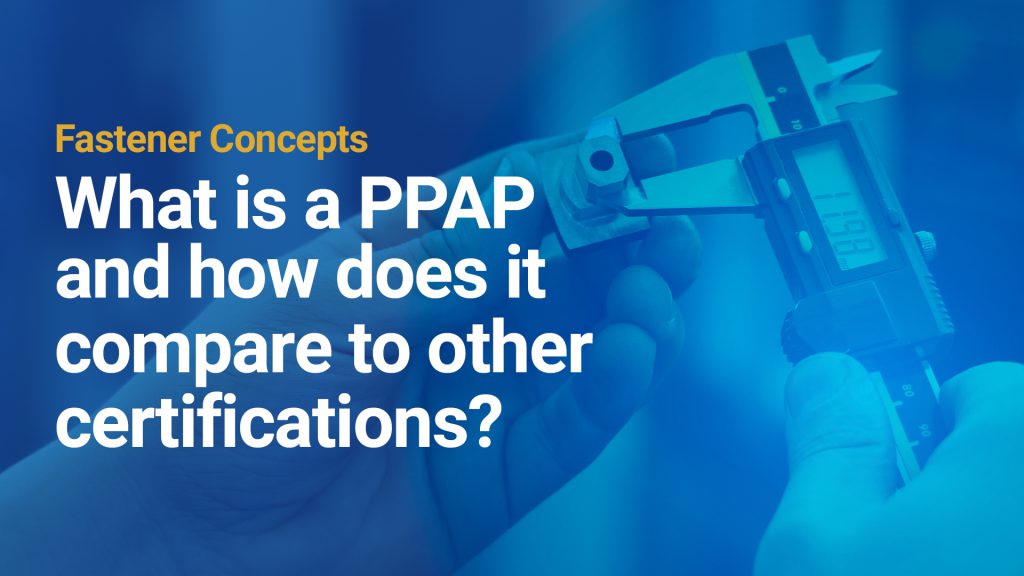
What is a PPAP and how does it compare to other certifications?
Many customers will request a “cert” (certification) when ordering fasteners. The term “cert” can have different meanings from one customer to another.
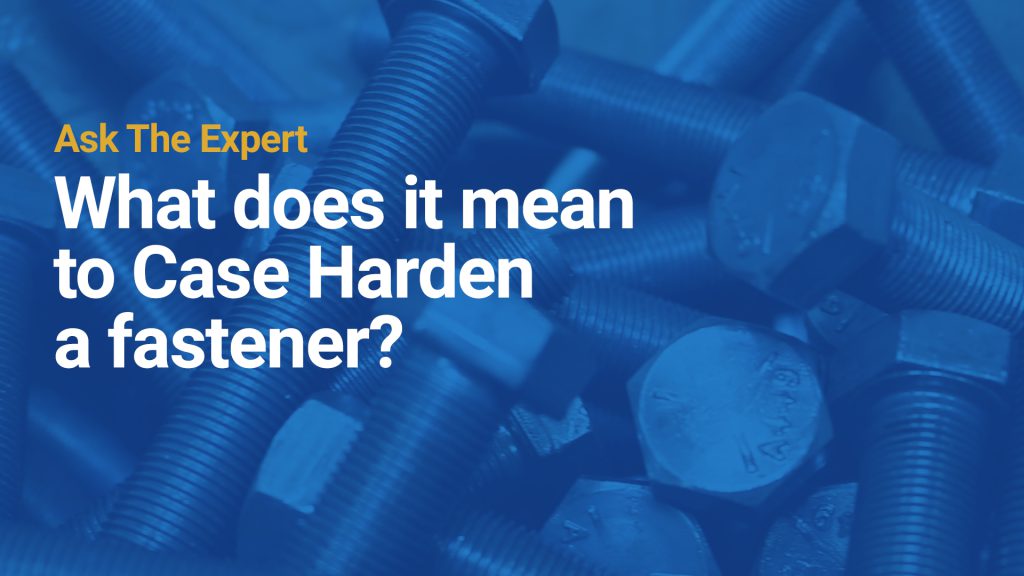
What does it mean to Case Harden a fastener?
Case Hardening, also known as Surface Hardening, is a heat treating process that makes the outer surface of steel stronger while leaving the inner core of the…

Can a Hex Set Screw be used instead of a partially threaded Hex Head Bolt?
Can a Hex Set Screw be used instead of a partially threaded Hex Head Bolt? April 5, 2022 In applications where the working loads are

What are the differences between cut and rolled threads?
Are the threads cut or rolled? We are often asked this question in regards to how the threads were manufactured on a particular size bolt or screw that we stock…

What is a Place Bolt and how is it used?
Fasteners that create a “locking” action are commonly used in applications that experience high vibration or flexing to ensure that the assembly does…

Sustainability in the fastener industry.
Scrutinized by the European Union, regulated by the state of California, and labeled a “carcinogen to workers” by the Occupational Safety and…
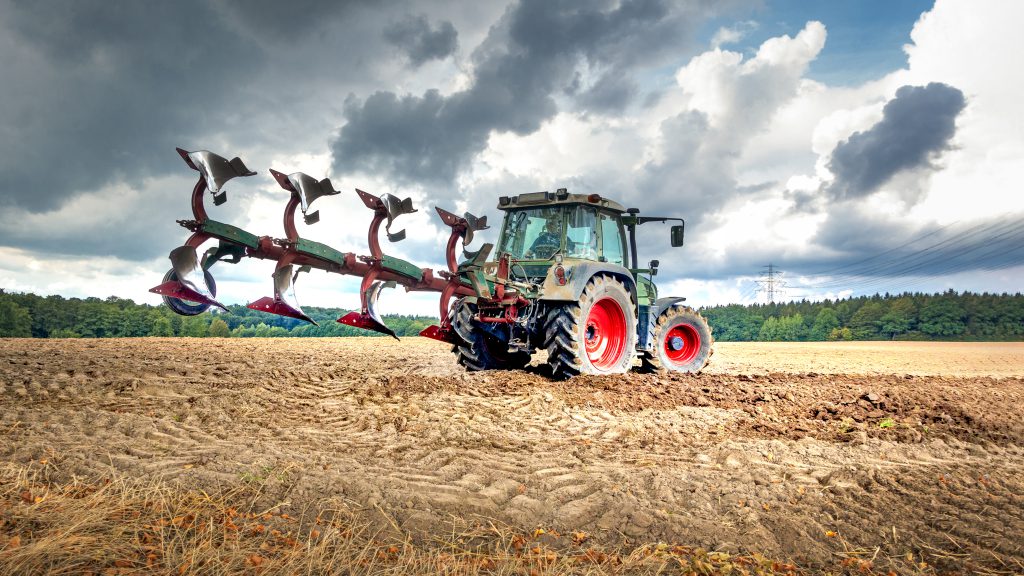
Back to Basics with Plow Bolts
Is it Plow or Plough Bolts? Whatever you call them, the Plow Bolt definition is a threaded fastener with a low-profile head that includes a feature like…
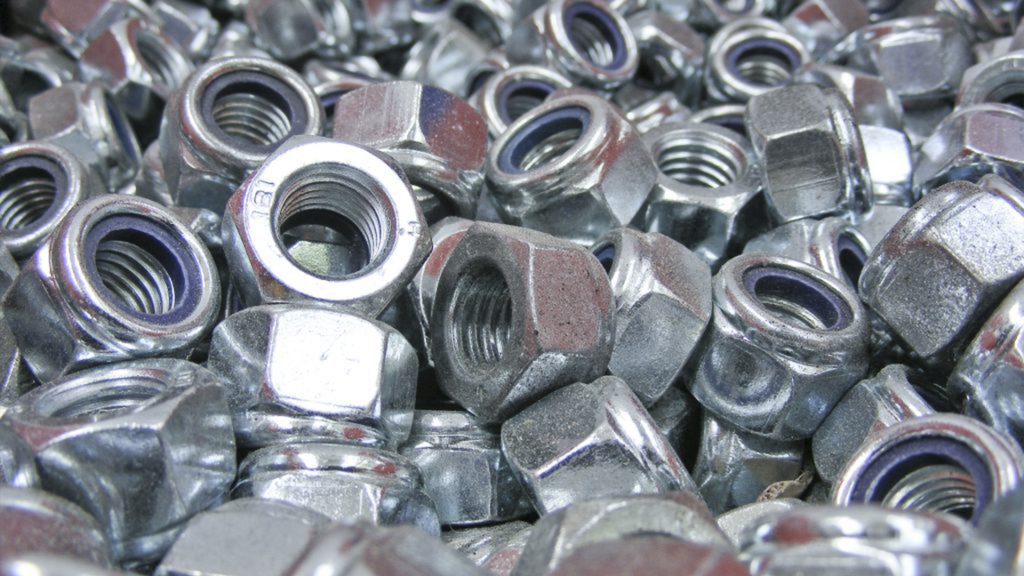
Lock Nuts: A simple overview
Contrary to what the name implies, Lock Nuts will not be permanently fixed to the mating bolt or screw. Instead, this style of fastener is actually made to…


